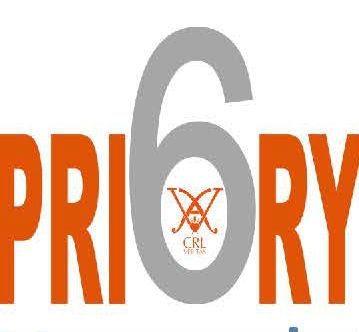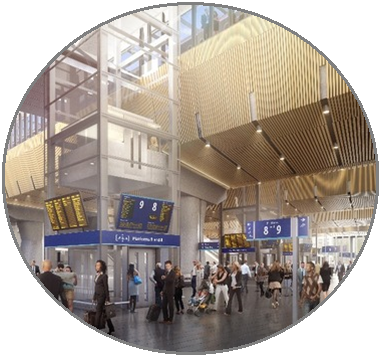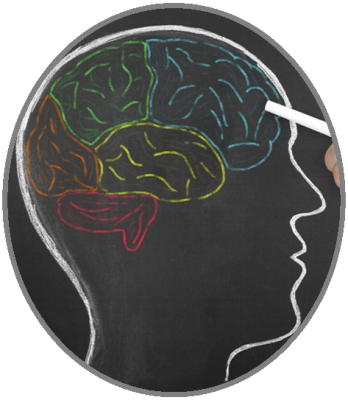The Week of Monday 13th March
London Bridge, neuroscience and the history of medicine. Another wonderful week of talks put together by Mr Salmon for the week of Monday 13th March. For further information, please see Mr Salmon.
Monday 13th March
London Bridge Redevelopment: How do you do a large scale projecrt in a working station? Institute of civil Engineers 1830. Free and friendly! https://www.ice.org.uk/events?etypes=15#031489047265535
Neuroscience in society: The young, the old and the ones in between: What can neuroscience tell us about our brains, at every stage of our lives? Former Christmas Lecturer Bruce Hood presents Jeff Bowers, Maddy Long and Vincent Walsh for an evening exploring our changing minds from cradle to grave. Royal Institution 7pm, cheap and illuminating. http://www.rigb.org/whats-on/events-2017/march/public-neuroscience-in-society
Tuesday 14th March
Faith, Fashion and Fantasy in the new physics of the Universe: Roger Penrose. Can the following of fashion, blind faith, or flights of fantasy have anything seriously to do with the scientific quest to understand the universe? Surely not – but Roger Penrose argues that researchers working at the extreme frontiers of physics are as susceptible to these forces as anyone else, and that fashion, faith, and fantasy, while sometimes highly productive in physics, may be leading today’s researchers astray in three of that field’s most important areas—string theory, quantum mechanics, and cosmology. Penrose is one of the cleverest people you will get a chance ever to listen to. I’m going and I recommend you book early. Royal Institution, 1900 Cheap. http://www.rigb.org/whats-on/events-2017/march/public-fashion-faith-and-fantasy
Immigrants to the rescue! How can immigration help save threatened wildlife populations?: Threatened species have invariably small and frequently isolated populations, and are thus characterized by increased inbreeding and depleted genetic variation. Increased inbreeding could lead to a reduction in reproduction and survival (inbreeding depression), which causes an immediate risk of extinction. One of the wonderful ZSL seminars. Very friendly. Zoological Society of London. 18.00 free.
The Modern History of Medicine: To understand the world we live in, it is crucial to know how it has been shaped by science, technology and medicine. Dr Viviane Quirke’s specialist teaching focuses on the history of medical knowledge, practice, and associated technologies, while her broader teaching considers the wider socio-economic and political context within which they developed, in particular the expansion of the medical market and the evolution of modern warfare. UCL 1745 for 1815. One of the wonderfully quirky events that this UCL students’ societies puts on. Very welcoming. Free. https://www.soci.org/Events/Display-Event?EventCode=SLON140317
Wednesday 15th March
Engineering a dinosaur: Using mechanics and engineering analysis to understand feeding behaviour and skull evolution in dinosaurs and other extinct animals. Prof Emily Rayfield. Geological Society, 1800, Free. Very friendly.
https://www.geolsoc.org.uk/EvolutionofFossils17
I Won’t have Blood: Prof Martin Elliott. What should doctors do when patients refuse treatment? Elliott is a very inspirational surgeon and speaker. Gresham at MOL, 1800 free.
https://www.gresham.ac.uk/lectures-and-events/i-wont-have-blood-a-battle-between-belief-and-duty
Euclid’s Elements and crop circle theorems: This talk seeks to explore the books of Euclid’s Elements that focus on aspects of the geometry of circles, and how the phenomenon of crop circles can be explained using aspects of maths.
Institute of Physics, 1830. Free; need to book. Nice people!
http://www.iop.org/activity/branches/south_east/lse/calendar/index.html#/?i=1
Innovations in Composites: Peter Chivers. Composites like carbon fibre play a significant role in the future of High Value Manufacturing, an areas for blue chip and SMEs alike where the UK has international competitive advantage.
Institute of Mechanical Engineers 1800. Lovely venue. https://events.imeche.org/ViewEvent?e=6457
Rumble Fund Lecture in Classical Art 2017: Beauty and Classical Form: Prof Elizbeth Prettejohn Why do we still experience the visible forms of ancient Greek art as beautiful? It is not difficult to understand why we should find them impressive in their longevity, or informative about the ancient societies for which they were made. But why should they inspire in us the thrill of beauty? And why should they continue to do so in a modern world where the sterner values of politics, economics or social justice may seem dominant? This lecture explores the ways in which modern artists may help us not merely to understand, but genuinely to see the beauty of classical form. It takes as a test case the art of Frederic Leighton. Kings College, 1800 Free; need to book.
http://www.kcl.ac.uk/artshums/ahri/eventrecords/2016-2017/CHS/rumble17.aspx
Thursday 16th March
Transmissable Cancers in Tasmanian Devils: Tasmanian devils are marsupial carnivores endemic to the Australian island of Tasmania. This species is endangered due to the emergence of a transmissible cancer that is spread between individuals by the physical transmission of living cancer cells by biting. This cancer causes disfiguring facial tumours, which usually result in the death of affected devils within months. The disease has caused a devastating decline in the devil population, and there is concern that it could lead to the extinction of the species. They are very cute……. Dr Elizabeth Murchison. Linnean Society, 1800, Free. Beautiful venue.
https://www.linnean.org/meetings-and-events/events/transmissible-cancers-in-tasmanian-devils
Friday 17th March
A light on Albemarle street: John Tyndall and the magic lantern: John Tyndall was appointed Professor of the Royal Institution in 1853, and within months was creating spectacular demonstrations using optical projection, culminating in his famous “Lectures on Light” in 1872-3. Using an original tri-unial magic lantern and slides, Jeremy Brooker will show how the lantern illuminated the natural world and attempt live scientific demonstrations in the historic theatre where Tyndall conducted his own experiments. With piano accompaniment by Costas Fotopoulos. Tyndall explained why the sky is blue….. Royal Institution 1900. Cheap.
http://www.rigb.org/whats-on/events-2017/march/public-a-light-on-albemarle-street
Aliens; Are you out there?: Dr Francesco diego; good speaker. UCL 1830 Free. One of the great Friday series for Sixth Form students. https://www.ucl.ac.uk/phys/department/science_centre
Weekend
If you have time after the Open Day on Saturday, the British Museum has their annual;
Zoom in: a closer look at science: Come and meet the British Museum’s scientists and conservators as they step out of the laboratory [they only get allowed to see daylight once a year] to share insights into some of the work that takes place behind the scenes. 1000-1600 Free. It is absolutely fascinating.

















